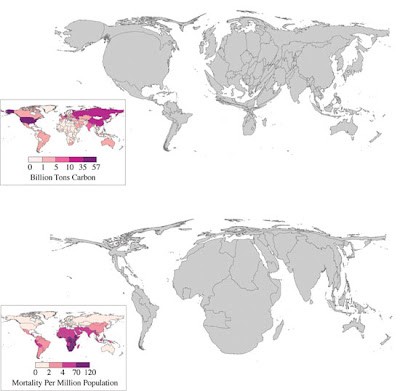A Christian Sense of Humor

Have you checked out the Ship of Fools " 12 Days of Kitschmas?" It offers some real gems of Christian kitsch such as the Virgin Mary Memory Stick , and has been making the rounds in the faith blogosphere. Perhaps the most interesting commentary about all this, however, has been by Andrew Brown, an who argues in the Guardian blog that the willigness of Christians to make fun of their faith is one reason why it has so much staying power: Which is the more disgusting, a bear called Muhammad , or a bear with a zip up the back, which opens to reveal a cavity for storing your loved one's ashes? The huggable urn bear won third prize in the Ship of Fools Christmas kitsch contest this year, which means that there were two contestants judged even more disgusting. For the record, they were a St Sebastian pincushion , and a transparent plastic Virgin Mary with a red LED that blinks like a throbbing sacred heart when the memory stick inside is working. I would buy one of these, ex




